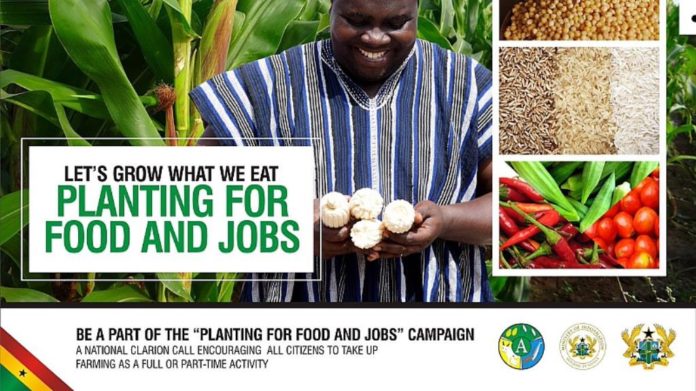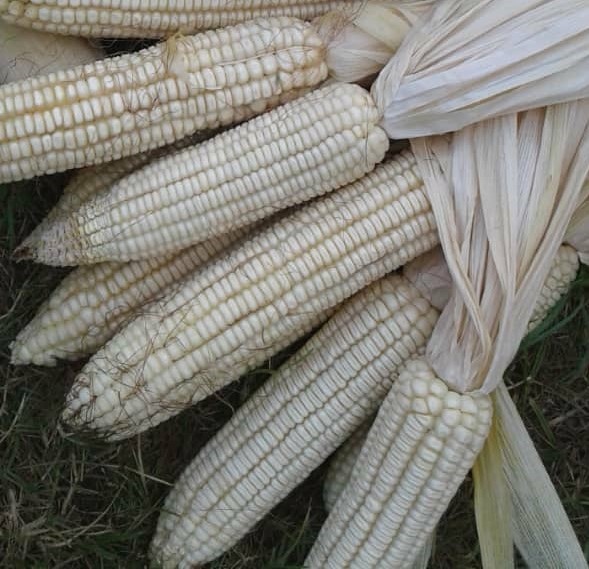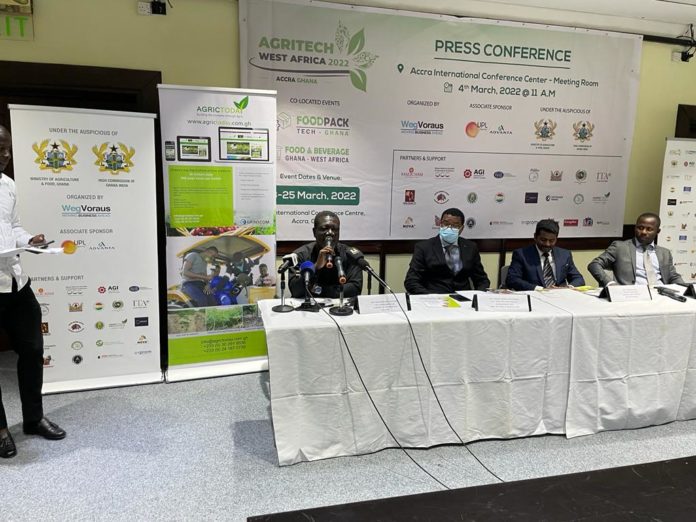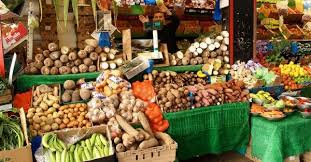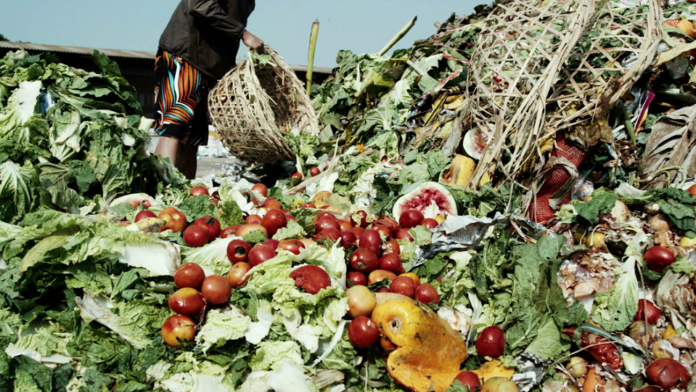Ghana can significantly maximise benefits under the African Continental Free Trade Area (AfCFTA) by promoting activities of agricultural aggregators – Professor Felix Asante, Pro-Vice-Chancellor for Research, Innovation, and Development-University of Ghana, has advocated.
100% of palm oils on Dome and Mallam Attah markets in the Greater Accra Region are unwholesome.
As part of the Food and Drugs Authority’s (FDA) routine market surveillance activities on food safety in 2021, about 30% of palm oils found on the Ghanaian Market have failed the Authority’s nationwide Zero Sudan IV dye test, an increase from 7.3% in 2018.
Planting for Food and Jobs has failed – FSG.
Food Sovereignty Ghana (FSG) has said the government’s Planting for Food and Jobs policy has failed considering the looming food shortage to hit the country.
Speaking to Joshua Kodjo Mensah on Starr Today, Monday, Director of Communications for FSG, Mr. Edwin Baffour cataloged some reasons that have contributed to the failure of the policy.
According to him, many farms in the country are less than five acres and most were not involved in the government’s Planting for Food and Job policy.
“We have in recent planting for food and job but I don’t think it has been successful as it been touted to be. Planting for Food and Jobs is a good initiative but I think it was hurriedly implemented as far as the policy aspect of it.
“You see at some point a big stakeholder group like the peasant farmer’s association was not involved in the policy formulation for Planting for Food and Job. They were called in after. I don’t know if the planting for food and job was structured to only help farms that were bigger than five acres,” Mr. Edwin quizzed.
“Unfortunately, we don’t have the respect for small farmers. We think that it’s the poor mankind of farming because our ancestors who farm and the so-called poor farmer’s farm in a way that is sustainable. The kind of way the United Nations is now advocating,” he further disclosed.
The Director of Communication also added that food production must be sustainable and done in a way that would not affect the soil in any way adding creating an artificial ecosystem would not help the nation.
The global shortage of cooking oil: How can Ghana take advantage to strengthen its economy?
Governments around the world will soon need to choose between food oils and biofuels.
Nigeria’s maize production at the highest level since independence – USDA
The country’s production rose 16 percent in 2021 above the production level in 2020 at a time concerns are raised over likely maize shortage as a result of the war in Ukraine.
The global Agritech and agrochemicals suppliers meet the West African agro-business community in Ghana on 23 March.
Food production, processing, and trading in agric have changed over time. In contributing to food security in the extent of access, increased production, and reduce postharvest losses and technological upgrade to generate higher income, Wegvoraus with the support of the Ministry of Food and Agriculture Ghana has launched AgriTech West Africa 2022 at the Accra International Conference Centre in Accra.
Russia-Ukraine Unrest: Implications on Ghana’s agricultural sector and fast-track remedial measures for sustainable agricultural productivity.
The exacerbation and ramifications of the Russia-Ukraine crisis might be catastrophic, while the ripple effects could spread across a world currently recovering from pandemic supply chain disruptions. Grains, potash, metals, wood, and plastics—all of which are utilised in a wide range of products and by several businesses, from fertiliser producers to automobile manufacturers—are among Russia’s most important exports.
The government has spent more than half a billion dollars in one aspect in the Agric Sector – Dr. Owusu Afriyie Akoto.
The Agriculture Minister, Hon. Owusu Afriyie Akoto said that the government has spent more than half a billion dollars in the agriculture sector for the past five years and that is tremendous which no government has invested that much in the sector.
President declares 10th June as Green Ghana Day
President Nana Addo Dankwa Akufo-Addo has declared June 10, 2022, as this year’s Green Ghana Day, under the theme “Mobilising for a Greener Future.”
Ghana’s Food Systems Dialogues: Stakeholders committed to reducing food losses from 20% to 10% at the AGRA meeting.
The Alliance for a Green Revolution in Africa (AGRA) has assured that it will play a key role to have Ghana’s Food Systems Dialogues document disseminated to all relevant stakeholders to ensure that its intended purpose is achieved by 2030.



